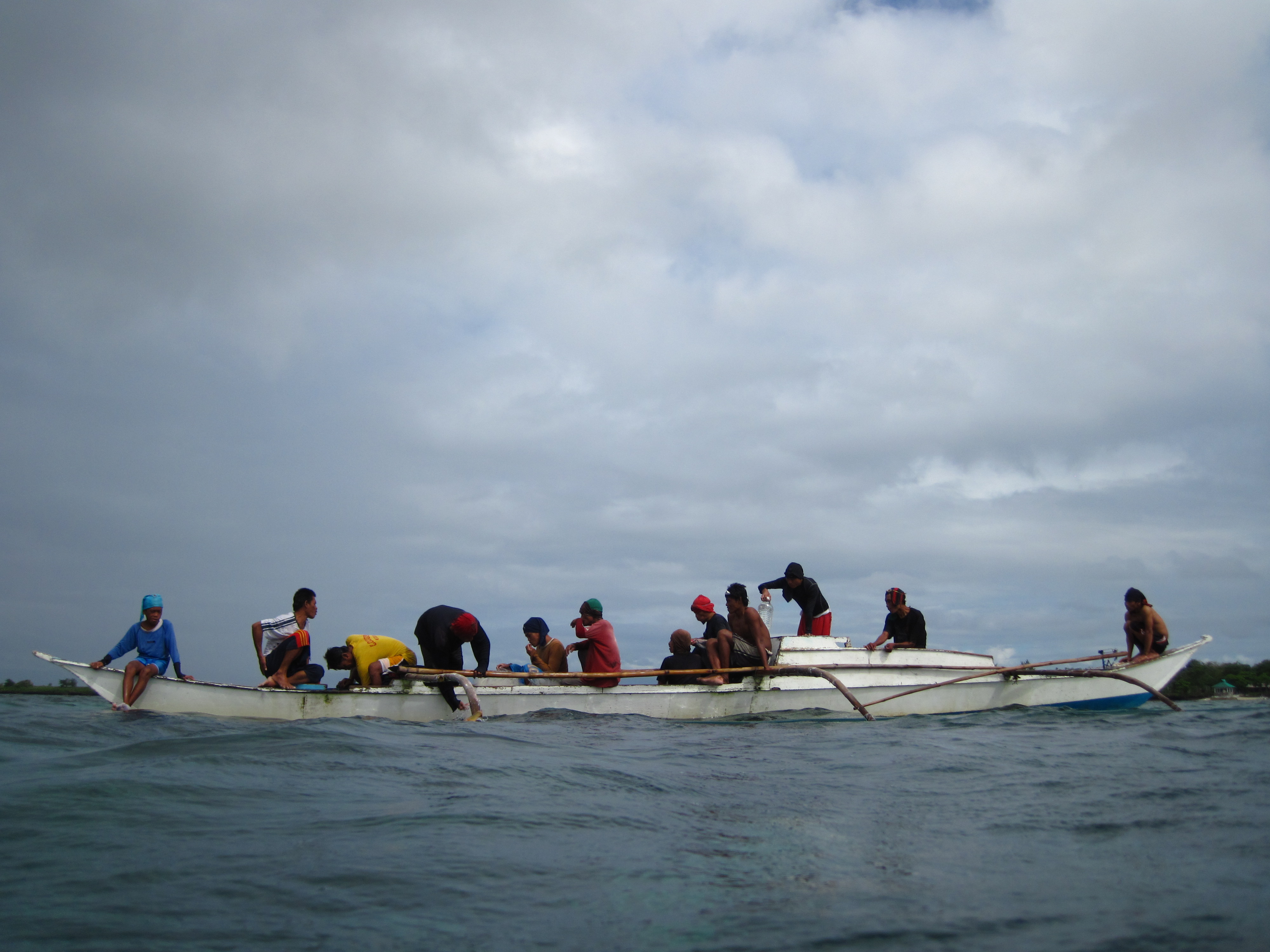Fishing and Philippine Coral Reefs
**Events may have been canceled or postponed. Please contact the venue to confirm the event.
Date & Time
Thu, Jan 20 7:00 PM - 8:30 AM
Address (map)
113 Harbor Way, Santa Barbara Harbor
Venue (website)
S.B. Maritime Museum
The Santa Barbara Maritime Museum (SBMM) will present “Mapping the History & Ecological Influence of Fishing on Coral Reefs in the Philippines,” a free Zoom webinar with Dr. Jennifer Selgrath, a spatial ecologist and social scientist with the NOAA Channel Islands National Marine Sanctuary. This presentation about her research on the effects of small-scale fishing on marine habitats in the Philippines and its implications for the Santa Barbara Channel will take place on Thursday, January 20, 2022, at 7pm PT. The webinar is free, but registration is required, and donations are welcome. Register at: https://sbmm.org/santa-barbara-event/
With millions of small-scale fishers operating around the world, we need to understand the influence of these important fisheries on coastal marine ecosystems. How do small-scale fisheries evolve in relation to new and evolving drivers and pressures? How do these fisheries influence coastal habitats such as coral reefs? How can governance and policy influence the sustainability of fishing practices?
Using both satellite imagery and local environmental knowledge, Dr. Selgrath investigated how small-scale fishing evolved over six decades on Danajon Bank, a double-barrier reef system in central Philippines. Her research documented the long-term impacts of small-scale fishing, as well as trade-offs between local knowledge and satellite imagery when it comes to mapping habitats and, ultimately, making policy recommendations. As a result, “the importance and influence of small-scale fisheries is too big to ignore,” according to Dr. Selgrath.
Dr. Jennifer (Jenny) Selgrath has worked as a spatial ecologist with Channel Islands National Marine Sanctuary’s science team since July of 2020. She is passionate about incorporating spatial and social-ecological tools into research, monitoring, conservation, and collaborative management of coastal ecosystems. She focuses on human uses of the sanctuary and the West Coast deep-sea coral initiative. Prior to joining the sanctuary team, she was a postdoctoral scholar at Stanford University’s Hopkins Marine Station where she used an interdisciplinary, historical ecology approach to assess biodiversity changes in Monterey Bay over the past two centuries. She focused on coastal species including sea otters, sea urchins, kelp, and black abalone. As a post-doc she also assessed the adaptive capacity of coastal fishing communities to respond to climate change. Jennifer completed her doctorate degree at the University of British Columbia, where she worked in partnership with Project Seahorse, the Landscape Ecology Lab, and Zoological Society of London (ZSL)-Philippines. Her doctoral research focused on understanding long-term changes in the sustainability of small-scale fisheries, the influence of fisheries governance, and the influence of fishing and other stressors on the resilience of coral reefs. She is a former AmeriCorps volunteer and a former Fulbright scholar (Philippines).

